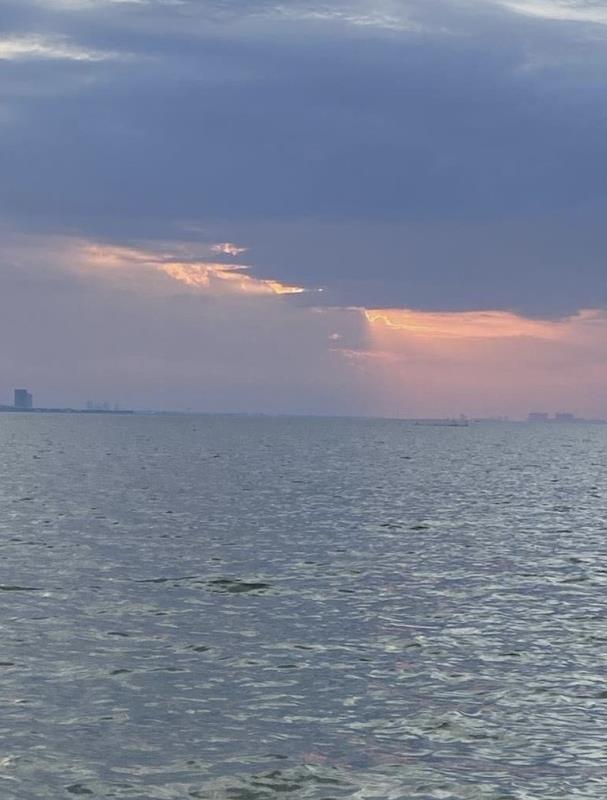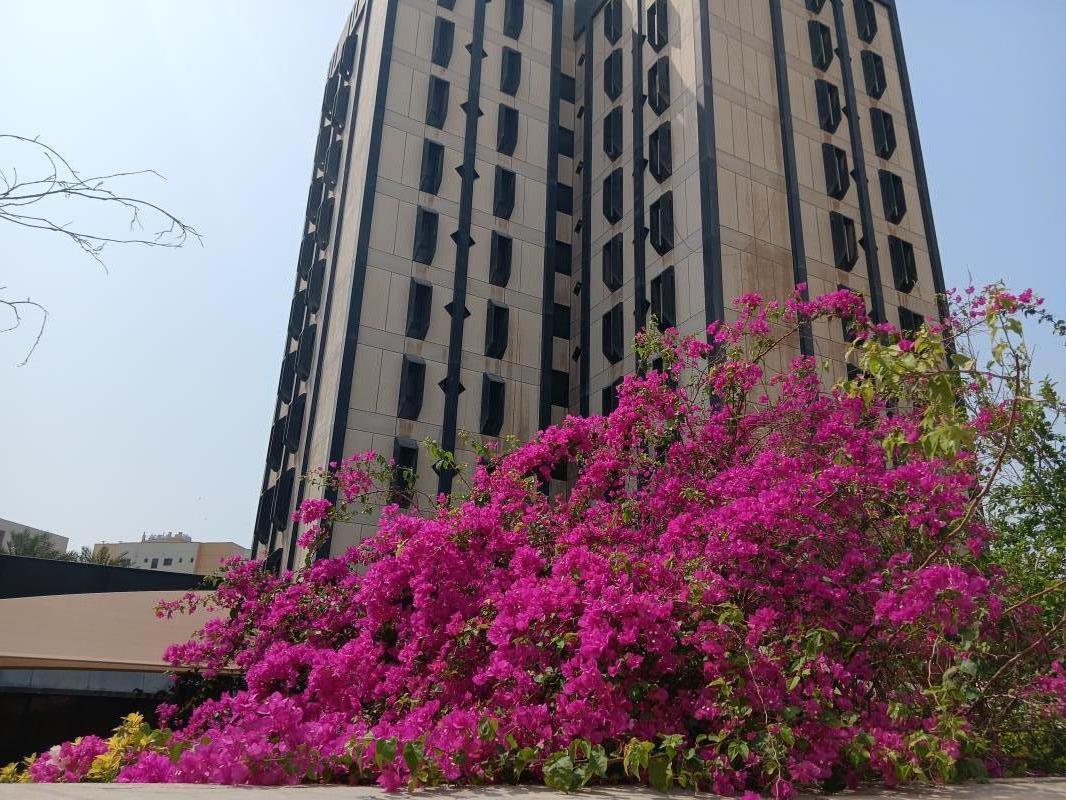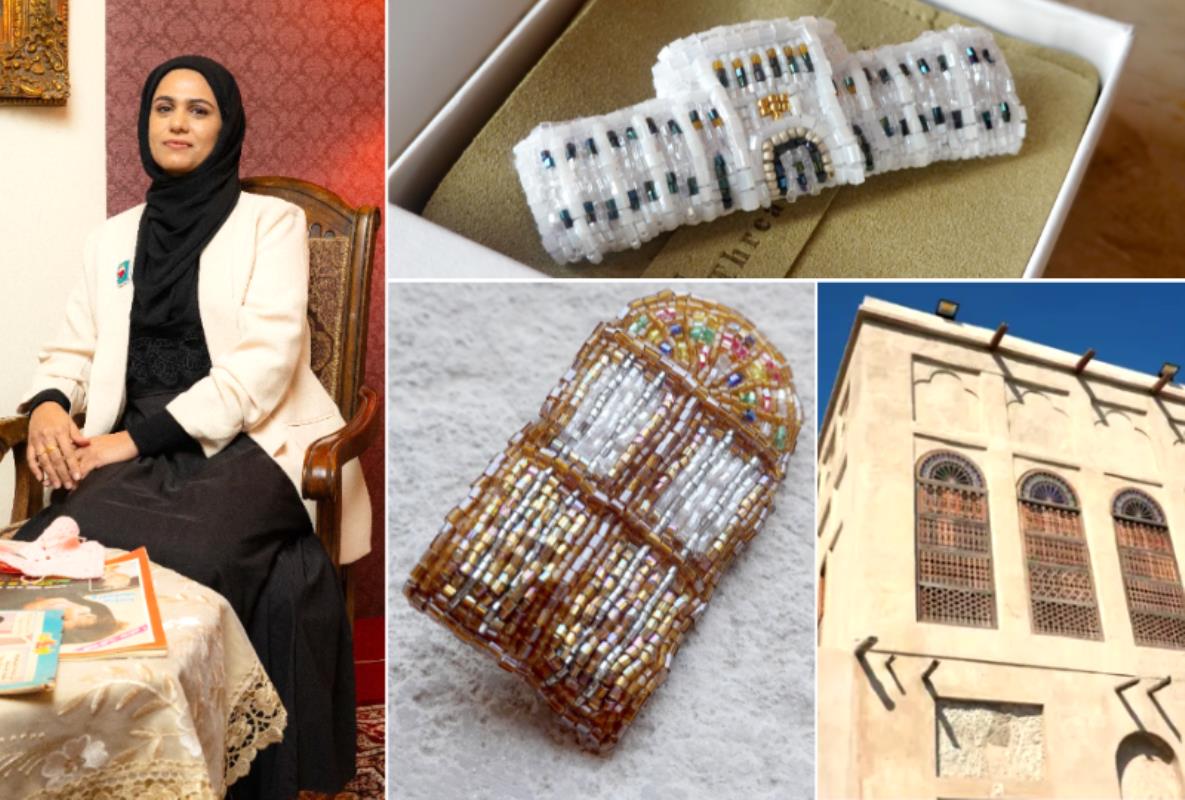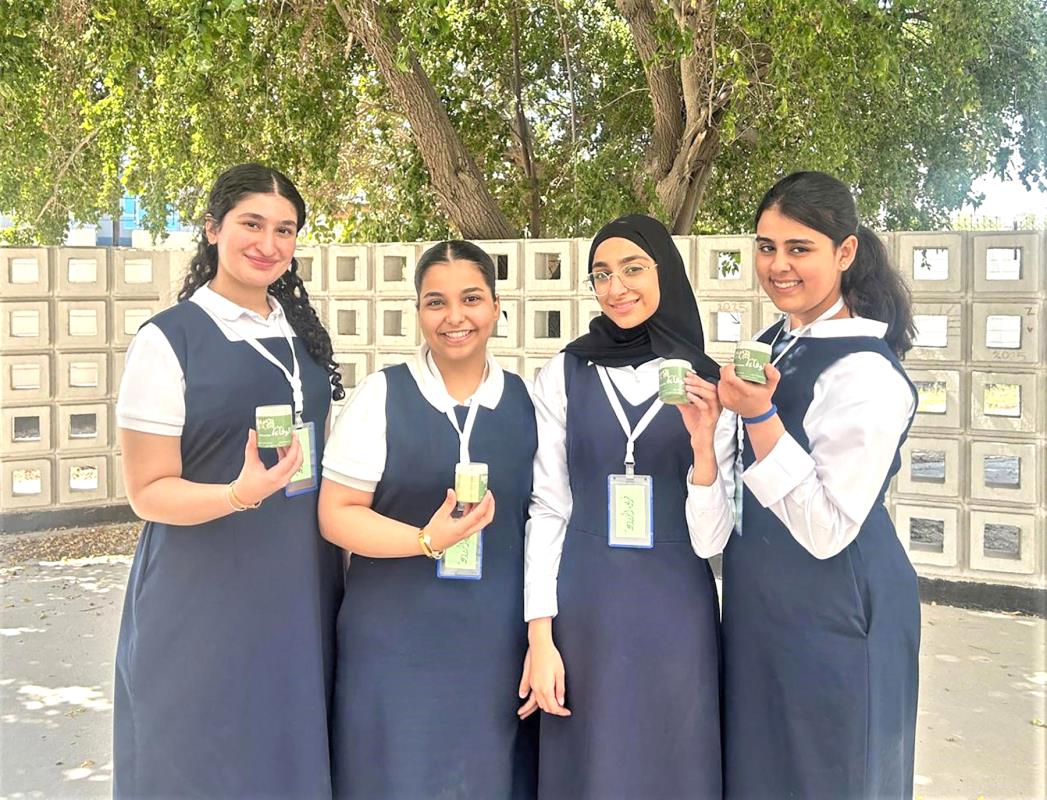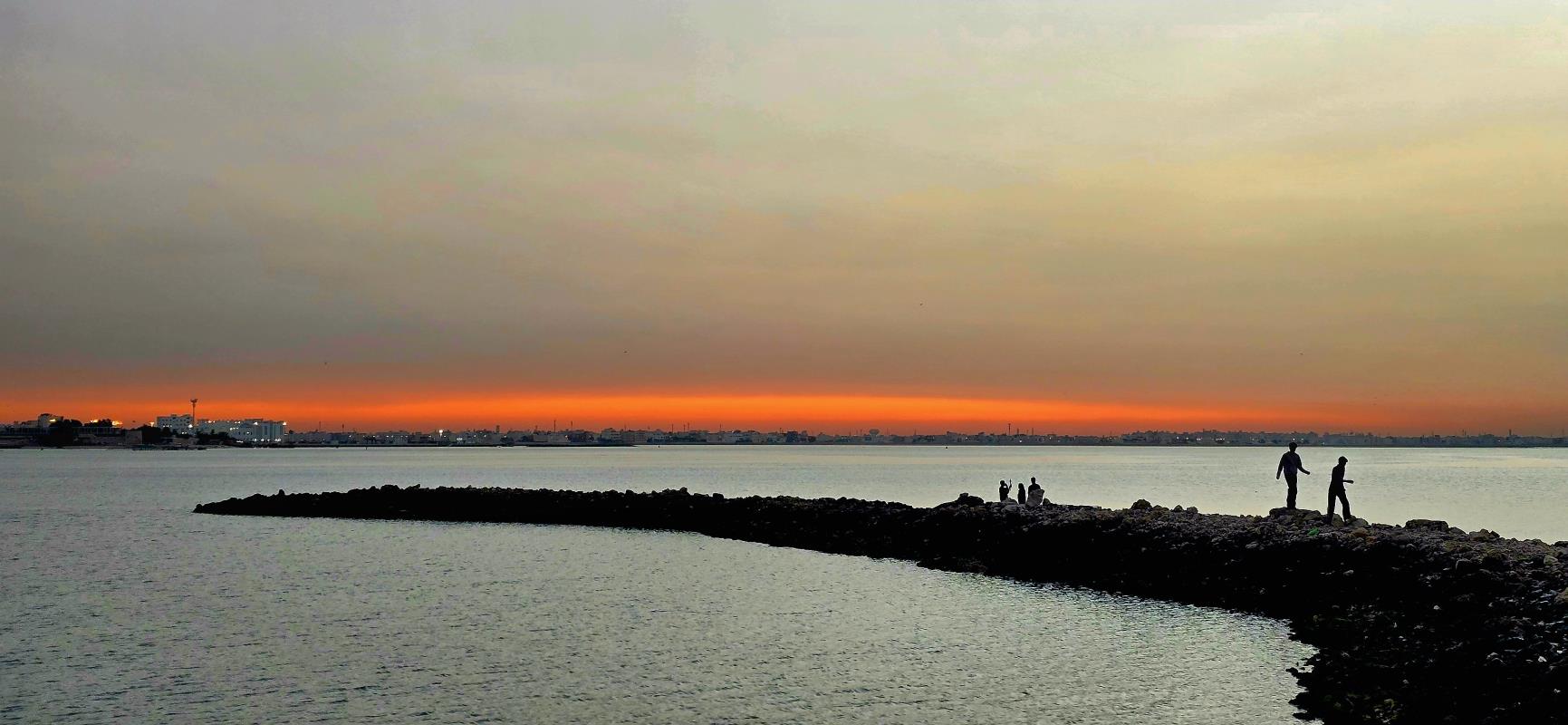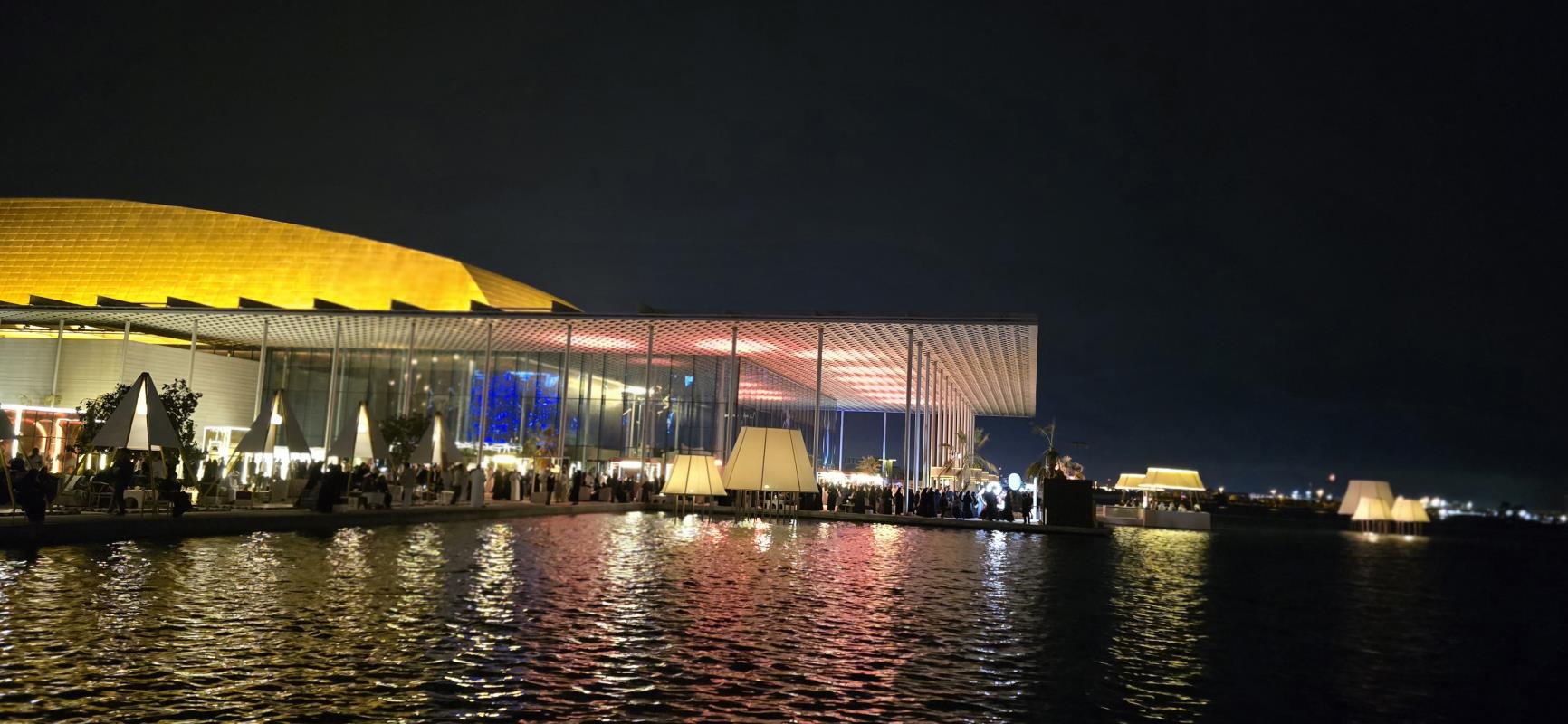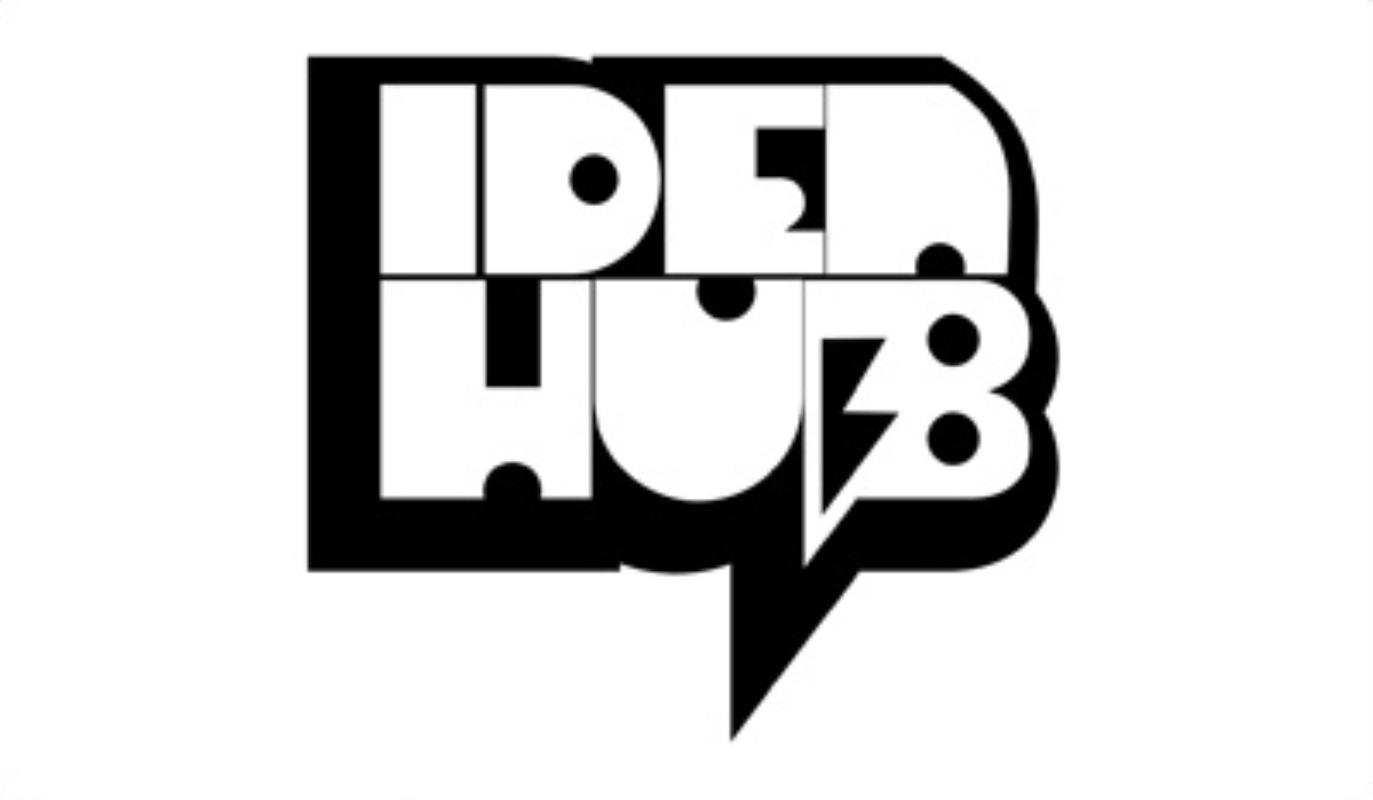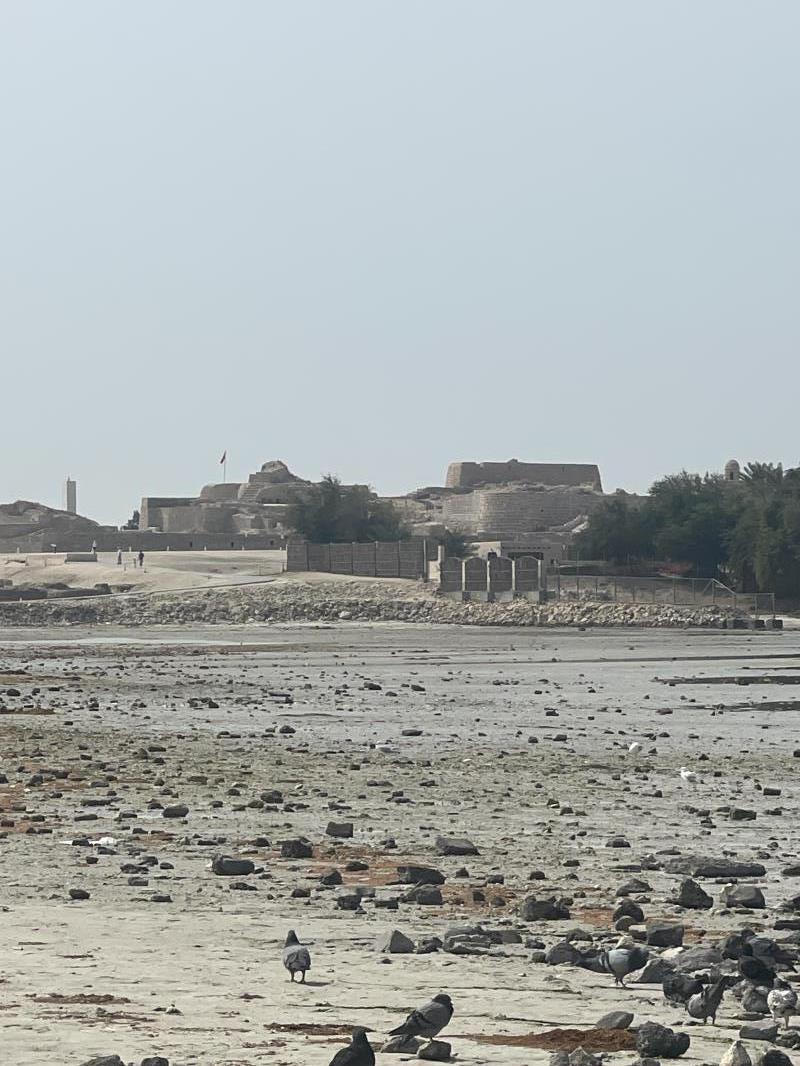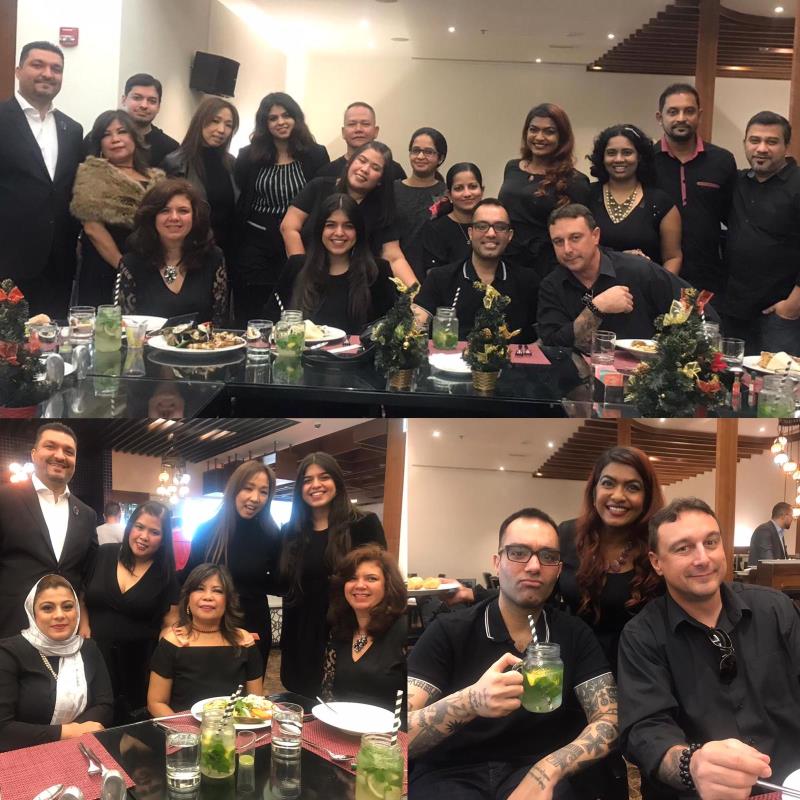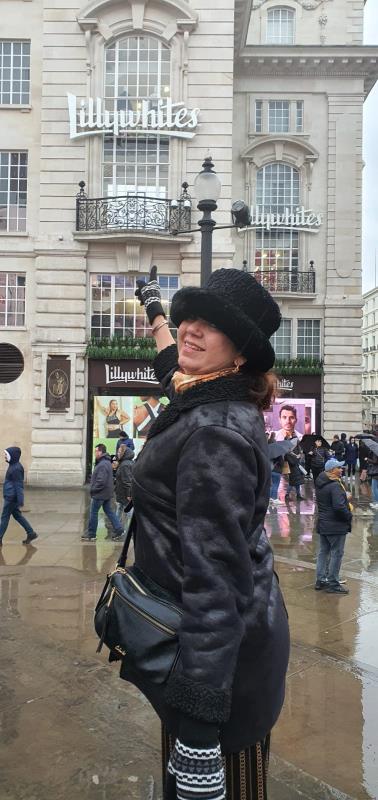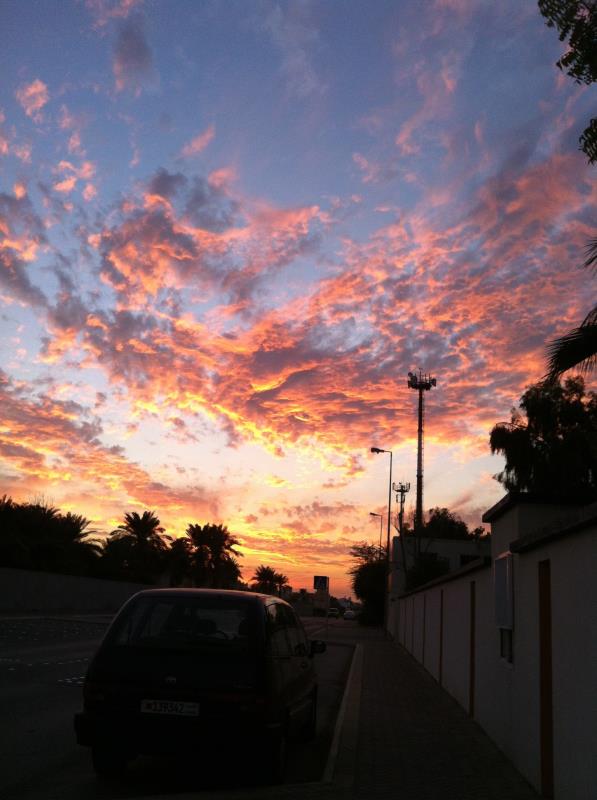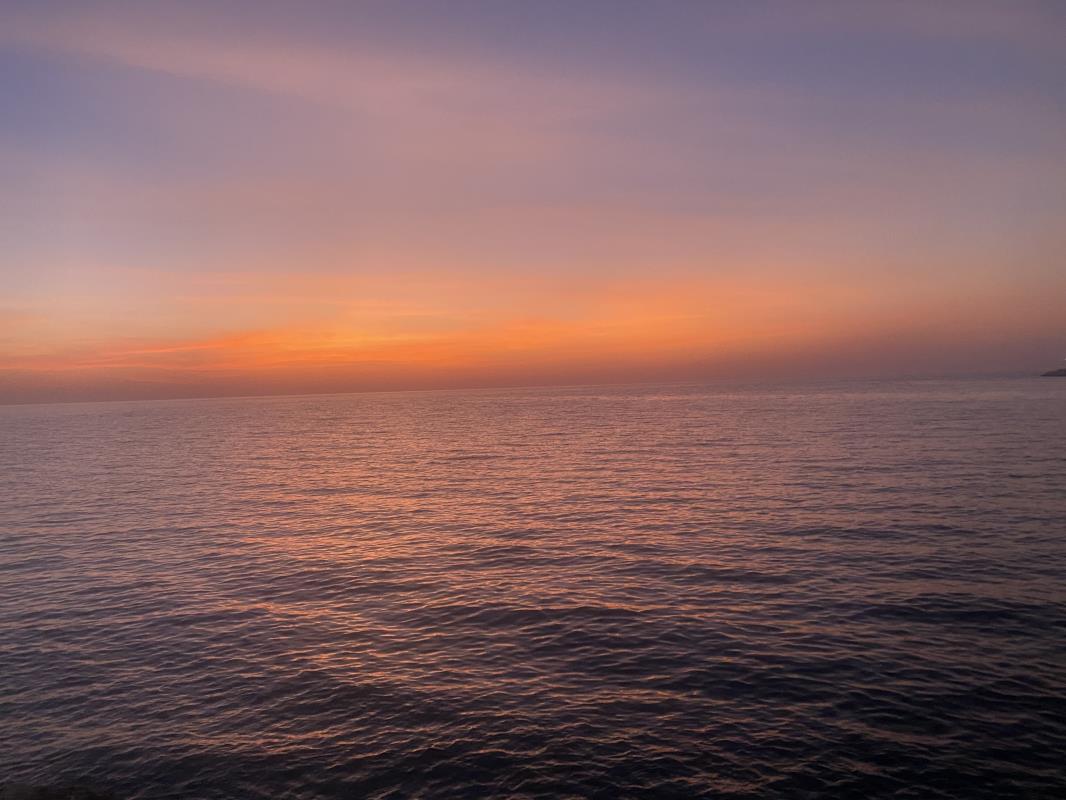
It’s one of life’s great mysteries … how a health tonic made from an assortment of fruit more than 100 years ago in north-west England became a Middle East phenomenon selling millions of bottles per year, writes Kristian Harrison.
Vimto, which contains the juice of grapes, raspberries and blackcurrants flavoured with herbs and spices, was created by John Noel Nichols in Manchester in 1908.
It was first sold in the Middle East in the 1920s and now the conveyor belts of Aujan Industries, part of an organisation part-owned by Coca-Cola, churn out more than 25 million bottles of Vimto cordial every year from its factory in Dammam.
Almost all of it is destined for Gulf countries such as Bahrain, Kuwait and the UAE.
It is comfortably the biggest market for the drink outside the UK, something which is not lost on John Nichols, the non-executive chairman of Vimto owners Nichols Plc and grandson of its founder.
He said: "I think there are parts of the Middle East where Vimto is better known than parts of Britain. They like the flavour, and particularly with it being non-alcoholic, that obviously helps.”
Vimto was originally called Vim Tonic and was created when John Noel saw the market opening for soft drinks due to the temperance movement and the passage of the 1908 Licensing Act in the UK.
It was quickly shortened to Vimto in 1912 and was sold as a health tonic or medicine, which was then re-registered in 1913 as a cordial.
It was its popularity that led to it being picked up by the British Army, who used to transport crates of Vimto to the likes of India and Sri Lanka to give its troops a sweet taste of home.
After World War I, the British took a larger interest in the Gulf region – the area was important to the UK for its strategic defence of India – and began routinely sailing naval vessels around the region. It was then that an enterprising Saudi Arabian Company known as Abdulla Aujan & Brothers would first taste the drink.
Smitten, in 1927 they family negotiated the rights to introduce Vimto to the Gulf proper.
While ingredients of the drink are a closely guarded secret – reportedly locked in a safe at the Nichols' headquarters – the drink sold in the Gulf is much sweeter than that found in the UK.
"That's historic, from when we used to ship it over to the region," Nichols explained. "It was easier and cheaper to ship highly-concentrated syrup, rather than sending water round the world."
But Vimto's Middle East success is not purely down to its taste. It is also a ritual.
Over the past couple of decades the drink has increasingly become associated with the holy month of Ramadan – a period which now makes up more than 50 per cent of the cordial's entire sales.
Many Muslims now choose to end a day of fasting with a date and a glass of the purple liquid.
While there’s no one factor that made Vimto a Ramadan staple, its sugar content is widely regarded as the reason why it has become a go-to Iftar beverage. It’s thought that those adhering to the Ramadan fast require a quick energy boost at sundown, which prompted its introduction to tables around the Gulf.
But Meshal Alkadeeb, vice president of strategy and business development at Aujan Coca-Cola Beverages, argues it is more than a mere practicality.
"It's a simple tradition that has taken years to develop," he said. "How did the turkey become part of Thanksgiving, the Christmas tree become part of Christmas? We think of it very similarly."
And it is a tradition that makes Ramadan both the firm's most profitable but also tricky period.
"The entire company is geared towards these six to eight weeks – making sure we have the supply chain prepared, the product in the supermarkets properly displayed so that the consumer, when they go shopping for Ramadan items, they find exactly what they expect," explained Mr Alkadeeb.
And some of what they find is quite extravagant.
In many of the kingdom’s supermarkets, an entire aisle has been taken up with the drink and customers have to weave their trolleys amongst the piles of bottles and cases.
Many stores offer seasonal promotional prices and other companies link up with the brand to promote their own offerings. For instance, Fakhro Industries in Bahrain, the franchise owner of McDonald’s, offers a Vimto drink with every special Iftar Meal Deal.
Private sector worker Hassan Abdulla believes that Vimto will always have a place at his Ramadan table.
He said: "Vimto is a refreshing drink, especially if served cold, and I love breaking my fast with it. It's just what we do; it's what we drank as kids at this time of year and now we do the same as adults.
"We got used to it being a Ramadan regular in our tender age as we sat for Iftar. It’s a special drink that has a unique taste and I can distinguish it from amongst many drinks that are trying to imitate it in the market.”
Whilst things are rosy in the Gulf, they are perhaps not so in the brand’s native UK. Though sales are still growing, some see Vimto as an old-fashioned product … something they associate with their grandparents' generation.
And with Gulf states having very young populations, that is a perception the brand is keen to avoid here. "As generations change, the difficulty becomes: how can you take this experience from one generation to another?" added Mr Alkadeeb.
"We'd like to think of this generational transition as a very good challenge for us to take on board."




















































